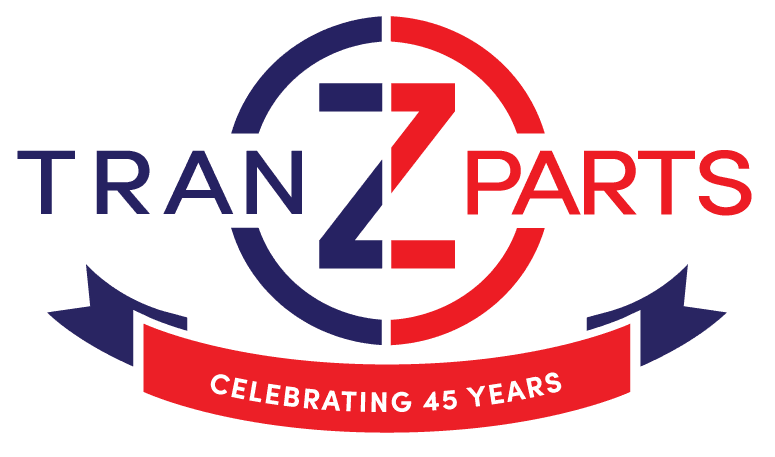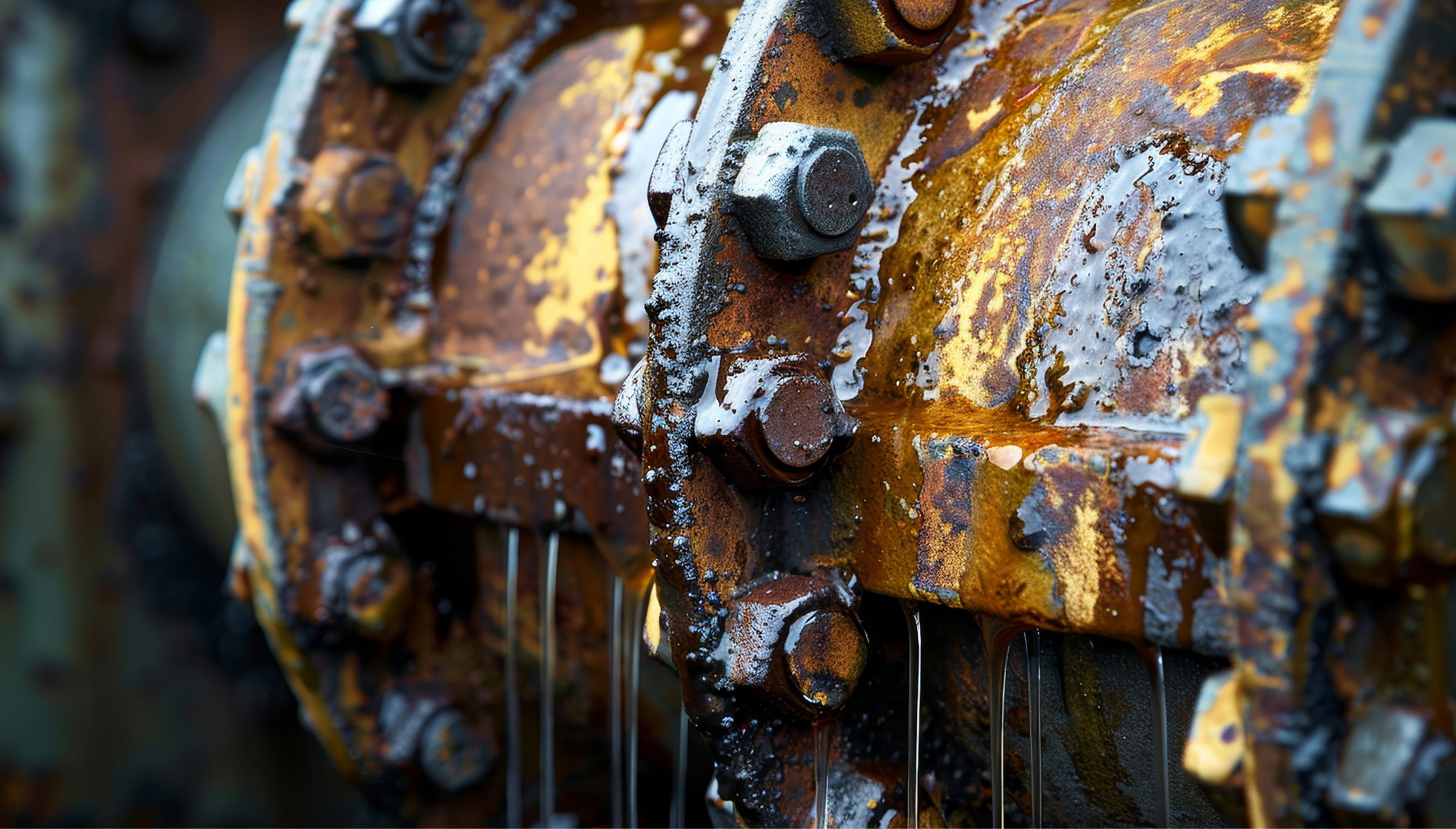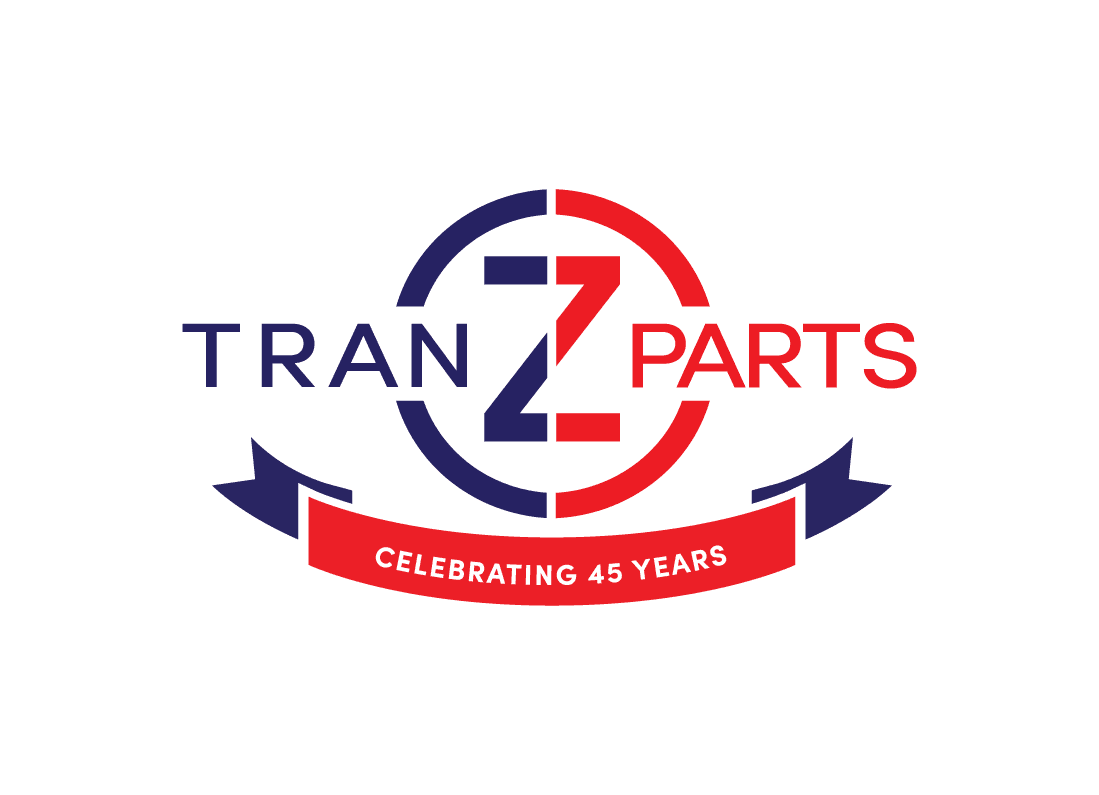Corrosion is a pervasive issue that affects truck and trailer owners, leading to costly repairs and potentially hazardous situations. Understanding how to prevent and manage corrosion is crucial for extending the life of your equipment and ensuring safe, reliable performance. This comprehensive guide will help you protect your investment and keep your truck and trailer in top shape.
1. Understanding Corrosion
Corrosion is the deterioration of materials, typically metals, due to chemical reactions with their environment. For trucks and trailers, this often involves exposure to moisture, salt, and road debris, which accelerates rust and metal degradation.
Types of Corrosion:
- Uniform Corrosion: Occurs evenly across the surface, often due to environmental exposure.
- Pitting Corrosion: Creates small, localized pits or holes in the metal, usually resulting from aggressive conditions.
- Galvanic Corrosion: Happens when two dissimilar metals are in contact, leading to accelerated deterioration of one of the metals.
- Crevice Corrosion: Develops in confined spaces where moisture can collect, such as seams or joints.
2. Regular Cleaning
Regular cleaning is one of the most straightforward and effective ways to combat corrosion. Dirt, road salt, and contaminants can significantly accelerate the rusting process.
- Wash Frequently: Ensure your truck and trailer, particularly the undercarriage, are cleaned after trips, especially in winter or on roads treated with salt. The frequency of washing should increase during adverse weather conditions.
- Use Mild Detergents: Opt for mild, non-abrasive detergents that won’t damage the protective coatings or paint.
- Dry Thoroughly: After washing, thoroughly dry all areas, particularly those that are prone to trapping moisture, such as around wheel wells and underbody components.
3. Protective Coatings
Applying protective coatings creates a barrier between metal surfaces and corrosive elements, offering a significant defense against rust and deterioration.
- Rust Inhibitors: Apply rust inhibitors or rust-proofing sprays to exposed metal surfaces. These products are designed to prevent rust formation and protect against environmental factors.
- Undercoating: Use a specialized undercoating to shield the undercarriage from moisture, road salt, and other corrosive substances.
- Paint: Regularly inspect and touch up any chips or scratches in the paint. Utilize high-quality, corrosion-resistant paint and consider a protective clear coat for added durability.
4. Regular Inspections
Routine inspections are essential for catching early signs of corrosion and addressing them before they become major issues.
- Check for Rust: Regularly examine all metal components for rust or corrosion. Pay close attention to less visible areas like the undercarriage and frame.
- Examine Joints and Connections: These areas are particularly vulnerable to crevice corrosion. Inspect joints, welds, and connections for signs of deterioration.
- Inspect Brake Lines and Suspension: Corrosion in these critical areas can compromise safety and performance. Look for signs of wear or damage and address them immediately.
5. Addressing Existing Corrosion
If corrosion is detected, prompt action is essential to prevent further damage and ensure safety.
- Remove Rust: Use wire brushes, sandpaper, or rust removal tools to clear away rust. For severe cases, consider using a chemical rust remover.
- Apply Rust Converter: Rust converters can transform rust into a stable, paintable surface, halting further corrosion. Follow the manufacturer’s instructions for best results.
- Repaint: After treating the rusted areas, apply a rust-resistant primer followed by a topcoat. Ensure the surface is clean and dry before painting to achieve optimal adhesion and protection.
6. Preventative Measures
Adopting preventative measures can greatly reduce the likelihood of corrosion and extend the lifespan of your truck and trailer.
- Store Properly: When not in use, store your truck or trailer in a dry, covered area to shield it from moisture and environmental factors. A garage or shelter is ideal, but even a high-quality cover can provide protection.
- Use Quality Parts: Invest in high-quality, corrosion-resistant parts and accessories. Cheaper, lower-quality components may not offer adequate protection against corrosion.
- Seal Gaps: Ensure all seams, joints, and openings are properly sealed to prevent moisture ingress. Regularly inspect seals and gaskets and replace them if they become compromised.
7. Advanced Technologies
Consider integrating advanced technologies designed to combat corrosion more effectively.
- Electronic Rust Prevention Systems: These systems use electronic currents to inhibit corrosion, offering a modern solution to protect metal surfaces.
- Ceramic Coatings: Ceramic coatings provide a durable, high-performance layer that can resist corrosion, extreme temperatures, and environmental conditions. They offer superior protection compared to traditional coatings.
8. Professional Help
For extensive corrosion issues or if you’re unsure about the best preventive measures, seek professional assistance. A qualified technician can offer expert advice, perform thorough inspections, and apply advanced treatments to address and prevent corrosion effectively.
Conclusion
Preventing corrosion is essential for maintaining the longevity, safety, and performance of your truck and trailer. By following these guidelines—regular cleaning, applying protective coatings, conducting routine inspections, and addressing corrosion promptly—you can minimize damage and extend the life of your equipment. Stay proactive in your maintenance efforts, and your truck and trailer will remain reliable and in excellent condition for years to come.




